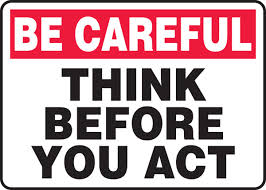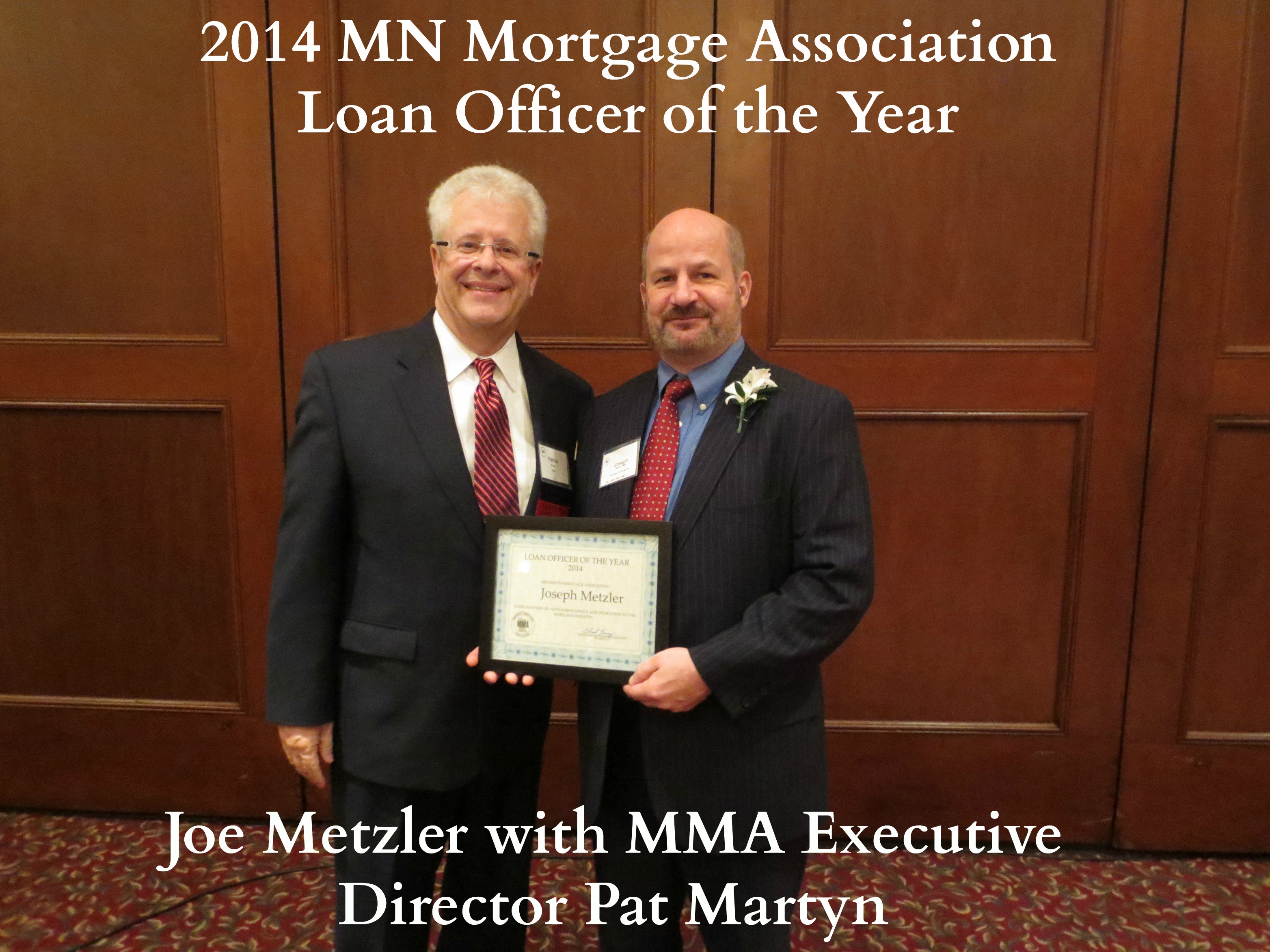Mortgage loans – Why all the paperwork?
 As a Loan Officer serving Minnesota, Wisconsin, Iowa, North Dakota, South Dakota, I am constantly asked why is there so much paperwork required to get a mortgage loan today. It seems that the lender wants to know everything about you these days, and you would be correct. Your mortgage lender does want to know a lot about you. If you were to give a complete stranger a huge loan, for a 30-year commitment, what would YOU want to know about them?
As a Loan Officer serving Minnesota, Wisconsin, Iowa, North Dakota, South Dakota, I am constantly asked why is there so much paperwork required to get a mortgage loan today. It seems that the lender wants to know everything about you these days, and you would be correct. Your mortgage lender does want to know a lot about you. If you were to give a complete stranger a huge loan, for a 30-year commitment, what would YOU want to know about them?
To make it feel worse than it really is, from about 1999 until 2007 during the housing boom, there were many programs available that allowed for limited documentation, or even no proof of income. Many people took advantage of those programs. Unfortunately, a large number of those people were allowed to bite off more loan than they would have been allowed if they proved income, contributing to the real estate collapse starting in 2007.
Loan Documentation Requirements Today
No one wants foreclosures and bad loans. It isn’t good for the home buyer, the neighborhood, or the economy. For that reason, mortgage companies need to verify and double check everything on the application, and to make sure you are a good risk.
There are three very good reasons that the loan process is much more onerous on today’s buyer than perhaps any time in history.
- The mortgage industry was a bit too trusting in the past. Lenders for example asked for a pay stub, but we took what you provided at face value, and there was no double check. This allowed fraud to become rampant. How hard would it be to scan a W2 that said you made $30,000 a year into a computer, then use Photoshop to change that the 3 to an 8, and now you make $80,000 a year income.
- Even without fraud, during the run-up in the housing market, many people qualified for mortgages that they realistically could never pay back. The government has mandated new guidelines that now demand that the mortgage lender prove beyond any doubt that you are indeed capable of affording the mortgage. The rule is called ATR, or the “Ability to Repay” rule. So no more stated income, or limited income loans.
- The lenders have never wanted to be in the real estate holding business. Since the collapse, lenders suffered huge losses that came close to destroying the economy, and were were forced to take on the responsibility of liquidating millions of foreclosures, and negotiating millions of more homes in short-sales.
The Good News About Mortgage Loans
The friends and family who bought homes ten or twenty ago experienced a simpler mortgage application process. If you got a loan ten to 20-years ago, yes, it was easier. But at the same time, if you never experienced that in the past, your fame of reference is that it really isn’t all that difficult today.
Instead of complaining about the paperwork required, be thankful that that you can get a loan, and get it at these amazingly low mortgage interest rates.







 Don’t get piggy. Work with us. Set a goal and lock when it gets there. Are we going to hit the bottom? Probably not. Are we going to save you money? Yes. If you can save money with no out of pocket costs, than you have nothing to lose. If you want to gamble go to Las Vegas. It’s a heck of a lot more fun.
Don’t get piggy. Work with us. Set a goal and lock when it gets there. Are we going to hit the bottom? Probably not. Are we going to save you money? Yes. If you can save money with no out of pocket costs, than you have nothing to lose. If you want to gamble go to Las Vegas. It’s a heck of a lot more fun.  First, understand that because of the large volume of foreclosed properties, it is a great time to be a buyer, whether you are a move-up buyer or a first-time buyer.
First, understand that because of the large volume of foreclosed properties, it is a great time to be a buyer, whether you are a move-up buyer or a first-time buyer.
